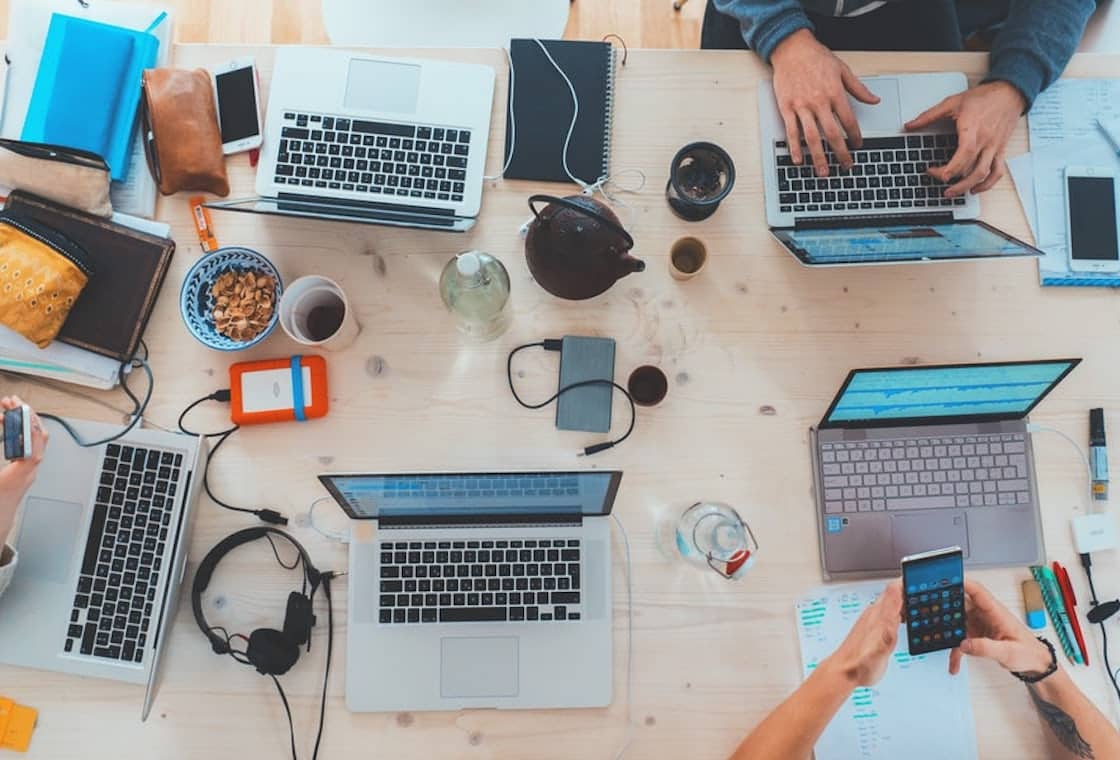This is Why we Need to Adopt a Work Culture that Includes Travel
While the travel industry is booming and employs millions of people around the globe, we’re on a different track in the U.S. According to Project Time Off, there were 705 million unused vacation days reported in 2018 in the United States. Ahem, we’re going to repeat that … 705 MILLION!
On a more positive note, the outlook doesn’t look as grim for future years, but there’s still a long way to go. Companies are beginning to recognize the value in encouraging their employees to take their time off. They are also implementing mindfulness, play and other practices into the work culture. Science shows that travel has been proven to increase creativity and productivity, reduce stress, decrease sick days and improve overall well-being. What boss doesn’t want that?!
Science says we should travel
There is a renowned 1992 study that still upholds today called, The Framingham Heart Study. After tracking workers for twenty years the results concluded that men were 30% more likely, and women 50% more likely, to have a heart attack if they hadn’t taken a vacation. The results held even when they added in other risk factors such as cigarette-smoking, diabetes, income levels and obesity. Travel is a major stress-reducer, according to a study completed by the University of Massachusetts Amherst, and many others just like it with the same findings.
Don’t get overwhelmed planning, use the tools available
Vacations are so much more than beautiful photos posted on Instagram. That’s why we created Wild Bum – as a tool that encourages people to travel, with real, trustworthy information. We know that after you’ve decided to use your vacations days, the first step is choosing a destination. This means doing the research to make it a meaningful trip. But, this is where people get stuck and overwhelmed by the piece-meal tools that exist. After one page of a Google Search, they throw their hands in the air, declare they will do it later and … poof! There went the remaining part of the year and your vacation days along with it!
It’s proven, life is better after a vacation
Another interesting finding by the University of Massachusetts Amherst study noted above: results indicated that life satisfaction after a vacation is positively influenced by perceived control, psychological detachment from work, relaxation experience, and mastery experience during vacation.
Having well curated resources, created by real, traveling humans provides that perceived control and real experiences. Just like mindfulness, yoga and that client presentation — vacationing is a practice. So use the tools available to make it that much easier, and exciting!
Written by Mollie Krengler, Founder of WildBum.






